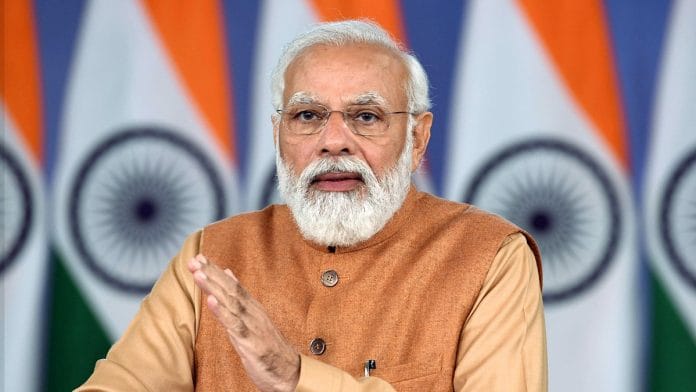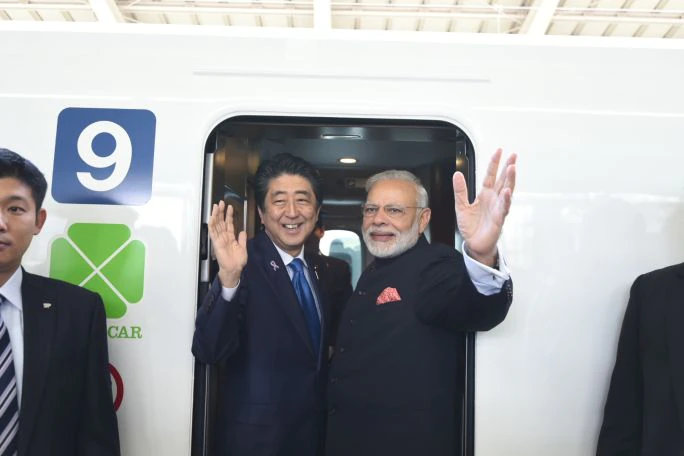New Delhi: Prime Minister Narendra Modi Friday paid a heartful tribute to his dear friend — late ex-Japanese Prime Minister Shinzo Abe, who was shot on 8 July during an election campaign in Western Japanese city of Nara.
Modi in his blog ‘My Friend, Abe San’, wrote:
Shinzo Abe – an outstanding leader of Japan, a towering global statesman, and a great champion of India-Japan friendship – is not among us anymore. Japan and the world have lost a great visionary. And, I have lost a dear friend.
I first met him in 2007, during my visit to Japan as the Chief Minister of Gujarat. Right from that first meeting, our friendship went beyond the trappings of office and the shackles of official protocol.
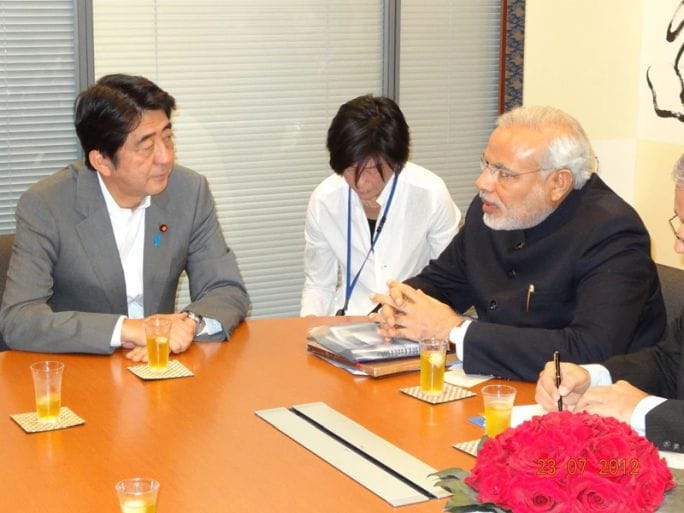
Our visit to Toji temple in Kyoto, our train journey on the Shinkansen, our visit to the Sabarmati Ashram in Ahmedabad, the Ganga Aarati in Kashi, the elaborate tea ceremony in Tokyo, the list of our memorable interactions is indeed long.
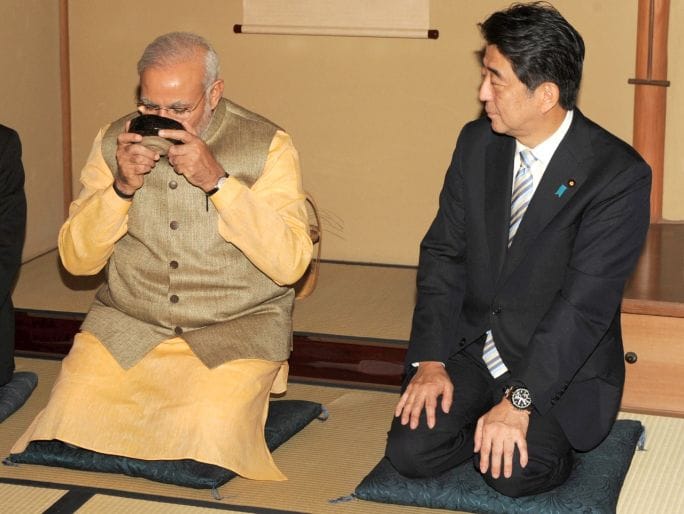
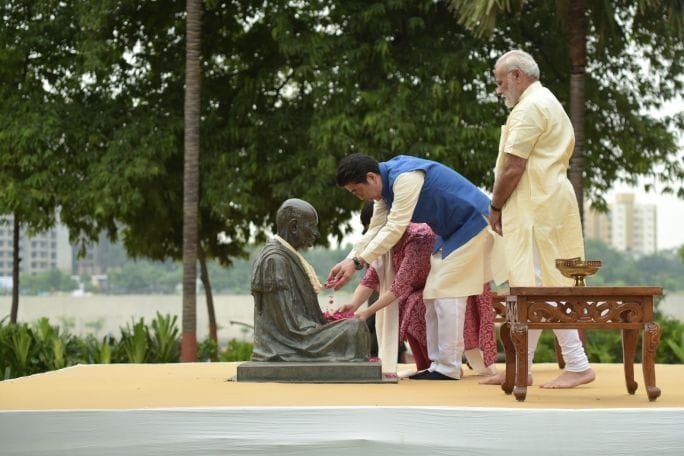
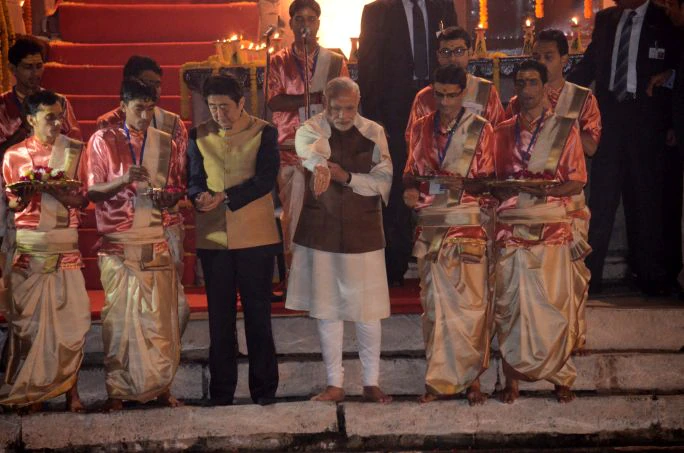
And, I will always cherish the singular honour of having been invited to his family home in Yamanashi prefecture, nestled among the foothills of Mt. Fuji.
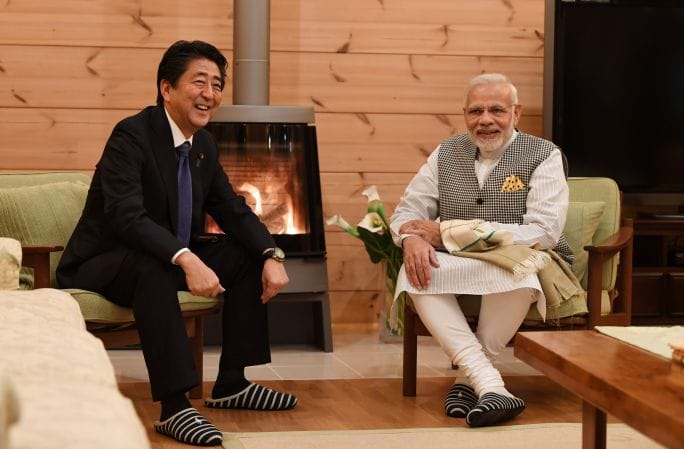
Even when he was not the Prime Minister of Japan between 2007 and 2012, and more recently after 2020, our personal bond remained as strong as ever.
Every meeting with Abe San was intellectually stimulating. He was always full of new ideas and invaluable insights on governance, economy, culture, foreign policy, and various other subjects.
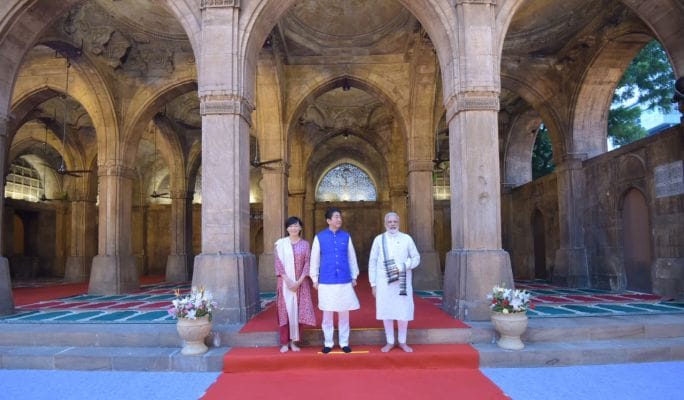
His counsel inspired me in my economic choices for Gujarat. And, his support was instrumental in building Gujarat’s vibrant partnership with Japan.
Later on, it was my privilege to work with him to bring about an unprecedented transformation of the strategic partnership between India and Japan. From a largely narrow, bilateral economic relationship, Abe San helped turn it into a broad, comprehensive one, which not only covered every field of national endeavour, but became pivotal for our two countries’ and the region’s security. For him, this was one of the most consequential relationships for the people of our two countries and the world. He was resolute in pursuing the civil nuclear agreement with India – a most difficult one for his country – and decisive in offering the most generous terms for the High Speed Rail in India. As in most important milestones in independent India’s journey, he ensured that Japan is there side by side as New India accelerates its growth.
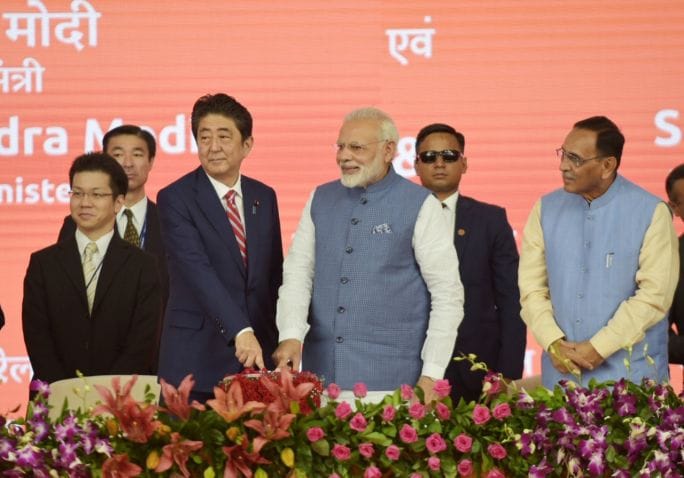
His contribution to India-Japan relations was richly recognised by the conferment upon him of the prestigious Padma Vibhushan in 2021.
Abe San had a deep insight into the complex and multiple transitions taking place in the world, the vision to be ahead of his time to see its impact on politics, society, economy and international relations, the wisdom to know the choices that were to be made, the capacity to make clear and bold decisions even in the face of conventions and the rare ability to carry his people and the world with him. His far-reaching policies – Abenomics – reinvigorated the Japanese economy and re-ignited the spirit of innovation and entrepreneurship of his people.
Among his greatest gifts to us and his most enduring legacy, and one for which the world will always be indebted, is his foresight in recognising the changing tides and gathering storm of our time and his leadership in responding to it. Long before others, he, in his seminal speech to the Indian Parliament in 2007, laid the ground for the emergence of the Indo Pacific region as a contemporary political, strategic and economic reality – a region that will also shape the world in this century.
And, he led from the front in building a framework and architecture for its stable and secure, peaceful and prosperous future, based on values that he deeply cherished – respect for sovereignty and territorial integrity, adherence to international law and rules, peaceful conduct of international relations in a spirit of equality and shared prosperity through deeper economic engagement.
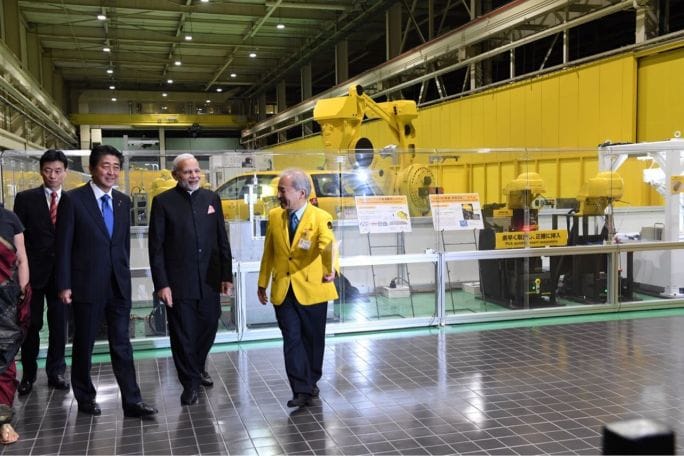
The Quad, the ASEAN-led forums, the Indo Pacific Oceans Initiative, the India-Japan Development Cooperation in the Indo-Pacific, including Africa and the Coalition for Disaster Resilient Infrastructure all benefited from his contributions. Quietly and without fanfare, and overcoming hesitation at home and scepticism abroad, he transformed Japan’s strategic engagement, including in defence, connectivity, infrastructure and sustainability, across the Indo Pacific region. For that, the region is more optimistic about its destiny and the world more confident about its future.
During my Japan visit in May this year, I had the opportunity to meet Abe San, who had just taken over as the Chair of the Japan-India Association. He was his usual self – energetic, captivating, charismatic and very witty. He had innovative ideas on how to further strengthen the India-Japan friendship. When I said goodbye to him that day, little did I imagine that it would be our final meeting.
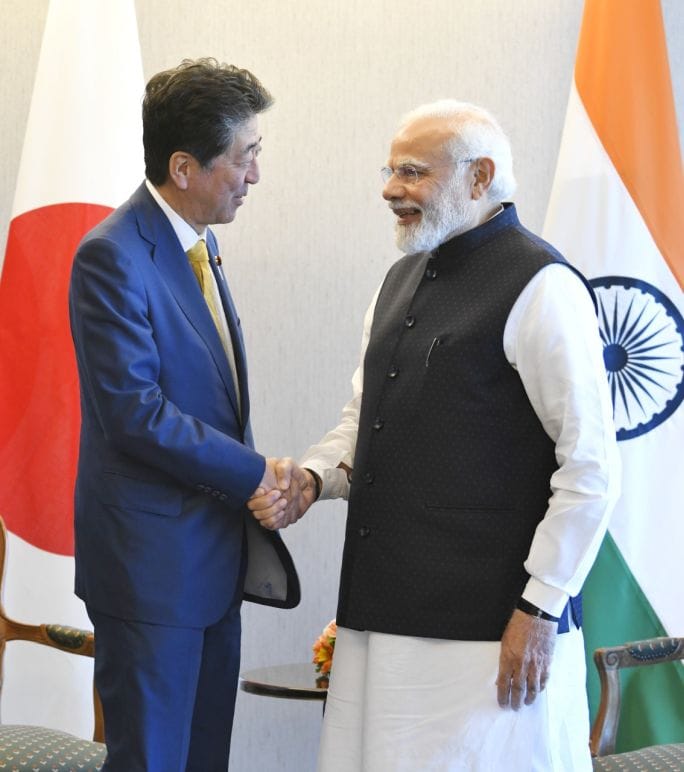
I will always be indebted for his warmth and wisdom, grace and generosity, friendship and guidance, and I will miss him dearly.
We in India mourn his passing as one of our own, just as he embraced us with an open heart. He died doing what he loved the most – inspiring his people. His life may have been cut short tragically, but his legacy will endure forever.
I extend heart-felt condolences on behalf of the people of India and on my own behalf to the people of Japan, especially to Mrs. Akie Abe and his family. Om Shanti.
Also read: PM Modi to launch development projects worth Rs 16,000 cr in Jharkhand’s Deoghar on July 12



